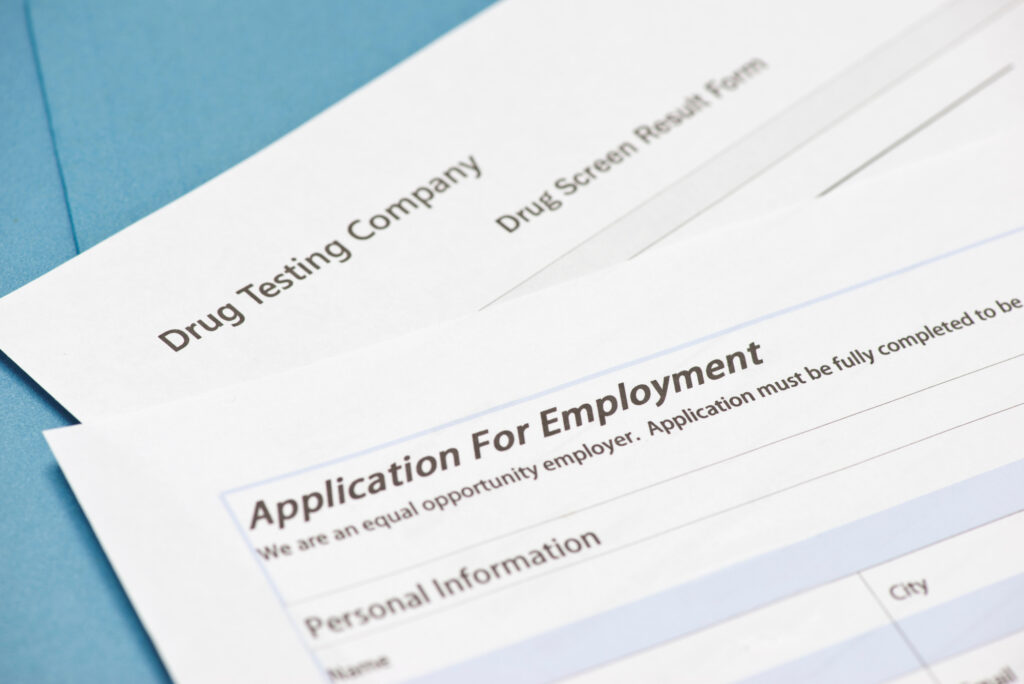If you’re a professional and you’re ready to seek treatment for drug addiction, alcohol addiction, or substance abuse, you might find yourself asking a difficult question: Can my employer deny my request for time off to go to rehab?
The short answer is: Not always—and in many cases, the law is on your side.
At Ocean Ridge Recovery, a treatment center in Orange County, California, we often help clients navigate the logistics of stepping away from work to focus on healing. Whether you’re looking into a drug rehabilitation program or an alcohol rehabilitation program, it’s important to understand your rights under federal law, California law, and your company’s policies.
Start Your Journey By Getting Help Today
Our medical, clinical, and counseling staffs on site are available 24/7.
Your Right to Time Off for Rehab: What the Law Says
Before you request time off for rehab, it helps to know what legal protections you have as an employee. Keep reading to find out what you need to know.
Federal Protections: Family and Medical Leave Act (FMLA)
Under the Family and Medical Leave Act (FMLA)—a key piece of federal law—eligible employees are entitled to up to 12 weeks of unpaid, job-protected leave for a serious health condition, which includes addiction and mental health treatment.
This means your boss cannot legally deny your request if:
- You work for a company with 50 or more employees
- You’ve worked there for at least 12 months
- You’ve worked at least 1,250 hours in the past year
- You’re entering a certified drug rehabilitation program
FMLA covers both drug rehabilitation and alcohol rehabilitation if the treatment is prescribed or recommended by a healthcare provider.
California Protections: Labor Code and CFRA
If you’re in California, you’re even more protected. Under California law, including the California Family Rights Act (CFRA) and the California Labor Code, most California employers must allow you to take leave for medical treatment—including drug rehabilitation leave.
In fact, the California labor code specifically protects your right to attend a drug rehabilitation program without being terminated for doing so. While employers aren’t required to provide paid sick time, they must allow you to use accrued paid vacation time, PTO, or unpaid leave to attend treatment.
When Can a Boss Deny Rehab Leave?
There are some exceptions, and it’s important to be aware of them:
- If your company is too small (under 50 employees for FMLA)
- If you’re not eligible under FMLA/CFRA based on tenure or hours worked
- If the treatment program isn’t certified by a healthcare provider
- If your leave request doesn’t follow company policy or isn’t properly documented
However, even in these situations, many California employers are still expected to make reasonable accommodations under state labor laws.
Reasonable Accommodations and Employer Responsibilities
Under both state and federal laws, employers must make reasonable accommodations for employees dealing with a serious health condition like drug addiction—as long as those accommodations don’t cause undue hardship to the business. This could mean adjusting your schedule for outpatient care, offering paid time off for medical appointments, or allowing a temporary leave of absence for inpatient rehab. Employers are also expected to make reasonable efforts to reassign employees or hold their positions during a leave for drug rehabilitation.
What to Do if Your Request Is Denied
If your boss denies your request for drug rehabilitation leave, and you believe it’s in violation of federal law or California law, you have options:
- Contact HR to clarify your rights and review company policy
- Document all communications with your employer
- Speak with an employment attorney or legal aid office
- Reach out to Ocean Ridge Recovery—we can help connect you with resources
Ocean Ridge Can Help You Plan Your Leave
 We know that entering treatment can feel overwhelming—but protecting your job shouldn’t stand in the way of your recovery. Our admissions team is experienced in helping clients communicate with employers, fill out FMLA paperwork, and ensure that the path to healing doesn’t derail their career.
We know that entering treatment can feel overwhelming—but protecting your job shouldn’t stand in the way of your recovery. Our admissions team is experienced in helping clients communicate with employers, fill out FMLA paperwork, and ensure that the path to healing doesn’t derail their career.
Take the First Step with Confidence
Whether you’re navigating the California labor code, requesting paid time off, or just trying to find the right words to tell your boss, we’re here to support you.
Reach out today to learn more about your rights, your treatment options, and how we can help you take leave for rehab—without losing the future you’ve worked so hard to build.
Start Your Journey By Getting Help Today
Our medical, clinical, and counseling staffs on site are available 24/7.
FAQs About Taking Time Off for Rehab
What is the Family Medical Leave Act and how does it apply to rehab?
The Family Medical Leave Act (FMLA) is a federal law that allows eligible employees to take up to 12 weeks of unpaid, job-protected leave for a serious health condition, including participation in a certified drug or alcohol rehabilitation program. It ensures you can seek treatment without risking your job.
Do I need to provide medical certification to take FMLA leave for rehab?
Yes. In most cases, your employer can require a medical certification from a healthcare provider confirming that you need treatment for a serious health condition. This documentation helps verify that your leave qualifies under the Family Medical Leave Act.
Can I get legal services if my FMLA request is denied?
Yes. If your FMLA request is unfairly denied or you believe your rights have been violated, you may be eligible for legal services through labor organizations, employee advocacy groups, or employment attorneys who specialize in FMLA and workplace rights.

Brought to you by the Ocean Ridge Team in San Clemente, blending professional expertise with the healing benefits of coastal living.


















